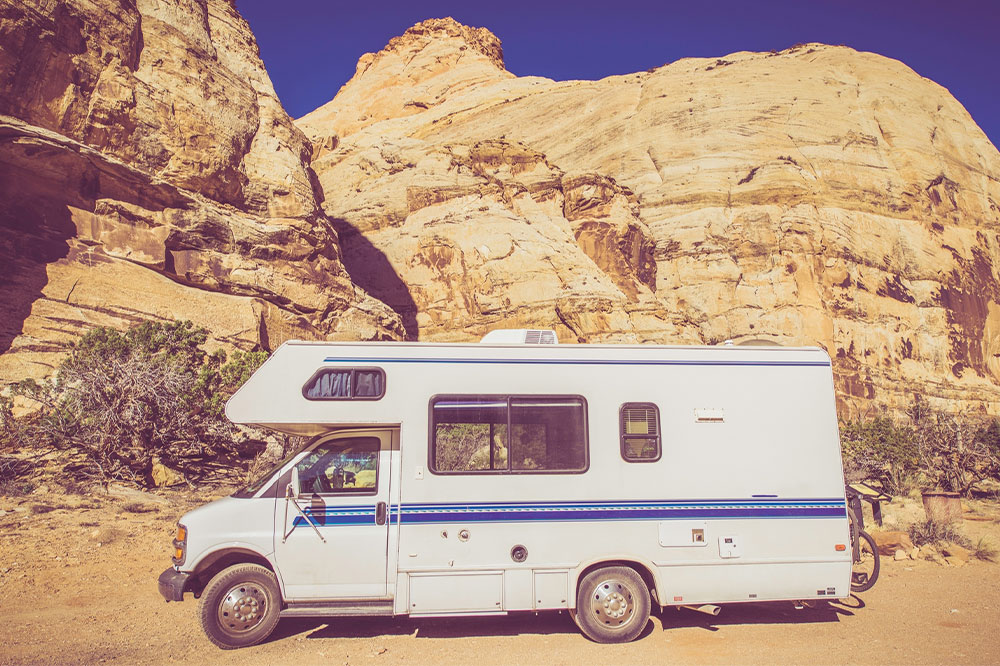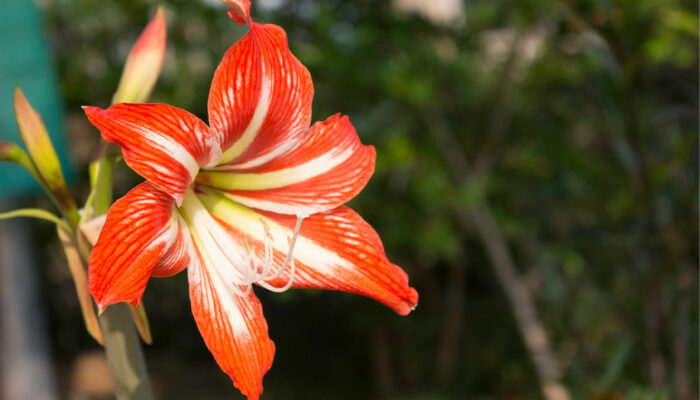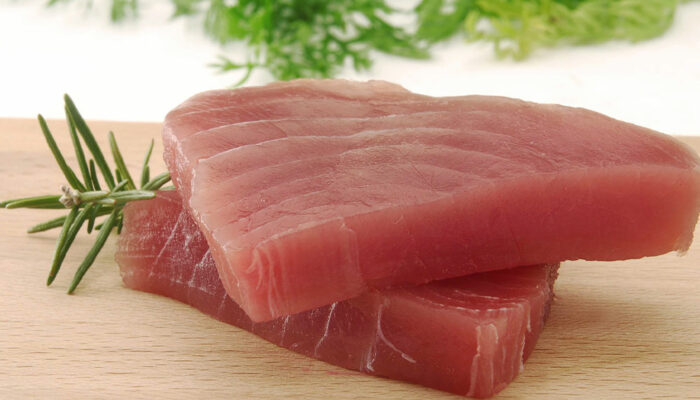7 Common RV Maintenance Mistakes to Avoid

There is no one way to maintain a recreational vehicle (RV). While different owners are bound to give you different tips and advice on how to take care of an RV, there is one fundamental point they will all agree on – maintenance is necessary. Owning and maintaining an RV can be an expensive affair, which is why it is important to avoid certain common mistakes and make the most of your vehicle!
Forgetting to winterize
The country witnesses extreme weather transformations, with some cities reaching sub-zero temperatures during winters. During this time, RV parts can freeze, inviting expensive repairs and replacement costs. To avoid these costs, winterizing your RV is a must. Here are some common methods people use:
- Pump RV-safe antifreeze into the plumbing system to save your water lines from freezing over.
- Use compressed air to clean all lines of water gently.
- Install an integrated drain-down system that passes compressed air through the water lines on demand.
Also, remember to de-winterize your RV when summer approaches to prepare it for travel, especially if your vehicle has remained dormant all winter.
Skipping out on tire protection
The RV wheels are crucial not just for your travels but also for your safety while driving. Keeping them still for too long can cause rot to set in. It is ideal for keeping the RV moving and avoiding direct UV exposure for too long. Look for tires that offer UV protection properties. Alternatively, if you use tire-shine products, opt for ones with UV-blocking features. At the end of every travel season, have your tires assessed by a professional to check whether they are in the proper condition or need replacement.
Letting pests in
Pests can easily get into RVs, especially ones left uninhabited for a season or two. Setting up traps and checking in on your RV regularly is important to keep these rodents at bay. Not only can they leave the place unsanitary for your next trip, but they can also cause thousands of dollars worth of damage to your wires, textiles, appliances, and furniture. Setting up mouse traps with soft candy can help lure some of these rodents and stop them from multiplying in your vehicle.
Not checking for water damage routinely
Check your RV for water damage regularly. Any undetected water damage could lead to mold and mildew, making you and your fellow travelers sick. Do a rigorous inspection of your RV before setting off on your journey. The most common places people find mold in their RVs are in unventilated bathrooms and areas where condensation collects. Properly ventilating the RV can help avoid such issues.
Relying on DIY maintenance
Although many people know how to care well for their RVs, if you are new and just beginning on your journey, it may be wise to seek professional help. Take your RV to a maintenance company at intervals to diagnose issues you may have missed or to help you get your vehicle in shape for the following travel season.
Missing going over your safety checklist
Before setting off on a new trip, be sure to go through your checklist and check your oil, fuel, and propane levels, transmission fluids, batteries, seals, generators, and air filters. Also, ensure that your stairs are folded up, windows and vents are closed, the antenna is folded down, and the scissor jacks are retracted each time before you begin to move. Finally, create a checklist based on your RV’s features, and make it a habit to run through it before you begin to drive.
Forgetting to secure the RV
You don’t want your drawers to start falling out in the middle of your journey. Not only can this be inconvenient, but it may also pose a health hazard to your co-travelers. Secure the RV by packing the items close together and lining the drawers with thick shelf grip waffle matting. Add additional latches to doors and drawers if required.
If the cost of maintaining the RV is too high, you can also consider selling your motorhome for instant cash. Many websites are making this process easier and quicker by reducing the paperwork and letting you get the best value for your recreational vehicle or trailer.



